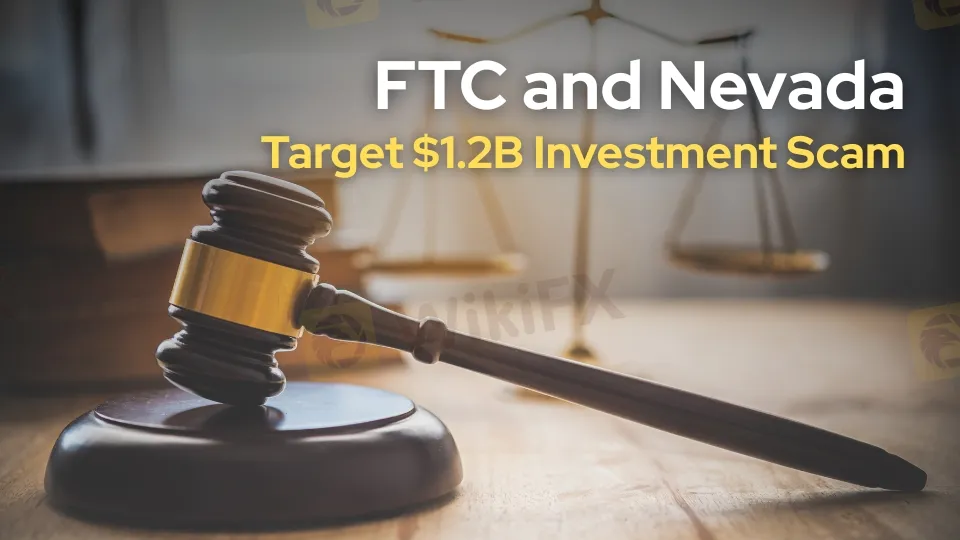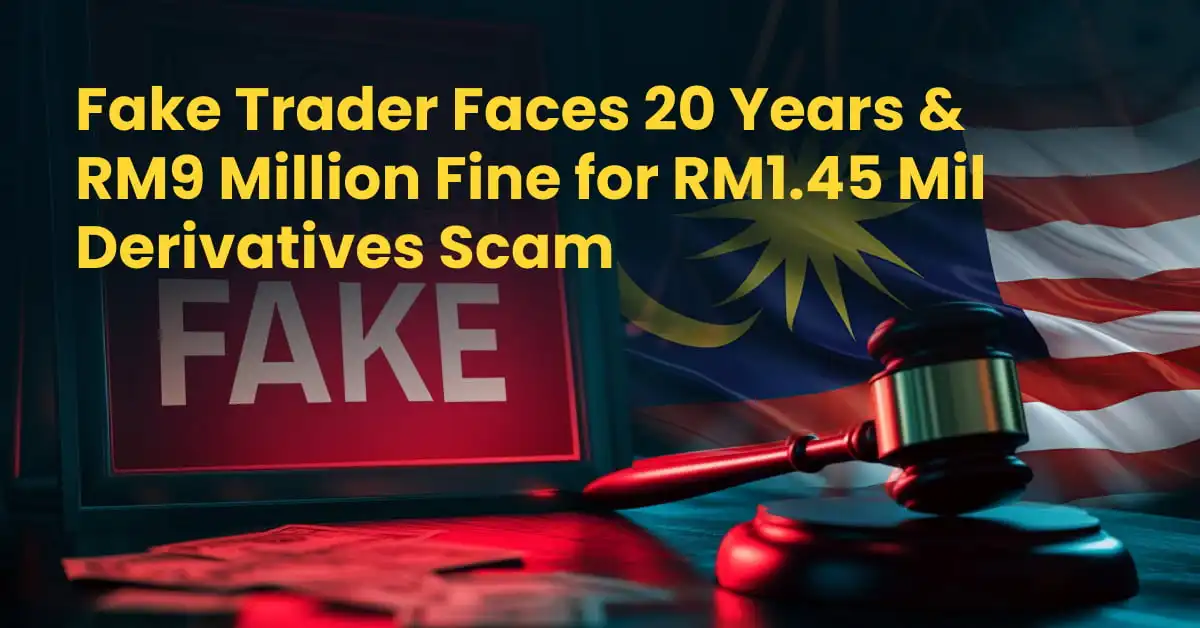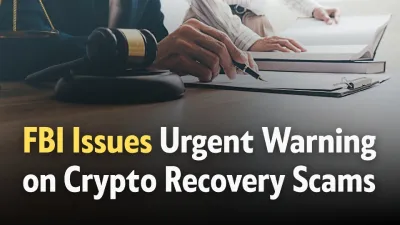简体中文
繁體中文
English
Pусский
日本語
ภาษาไทย
Tiếng Việt
Bahasa Indonesia
Español
हिन्दी
Filippiiniläinen
Français
Deutsch
Português
Türkçe
한국어
العربية
FTC and Nevada Target $1.2 Billion Investment Scam | IML Exposed
Abstract:FTC and Nevada crack down on IML scam, exposing false earnings claims and deceptive multi-level marketing tactics that stole over $1.2 billion from consumers.

The Federal Trade Commission (FTC) and Nevada have launched legal action against a massive investment training and business venture scam, costing consumers over $1.2 billion. The scam, now branded as IYOVIA, previously operated under names like IM Mastery Academy, iMarketsLive, and IM Academy—collectively known as “IML.” Authorities claim IML used deceptive earnings promises to lure consumers into pricey financial training programs and a multi-level marketing (MLM) scheme.
The lawsuit, filed jointly by the FTC and Nevada Attorney General, accuses IML and its operators of making unfounded claims to sell training courses—some costing up to $400 monthly—and encouraging participants to recruit others into the MLM structure. Targeting young adults, IML allegedly exploited social media, including college pages, with posts showcasing fake trading successes and lavish lifestyles.

“This scam‘s scale is staggering, from wild earnings claims to unqualified ’trainers‘ posing as experts,” said Christopher Mufarrige, FTC Bureau of Consumer Protection Director. “It’s hurt countless consumers, especially young people trying to build a future. Were proud to partner with Nevada to stop it.”
IML‘s recruitment often begins with flashy social media ads—think luxury cars and exotic trips—posted by salespeople claiming huge profits from IML’s training. Interested consumers are then pitched at events or via calls, promised riches like retiring in their 20s or earning cash “in your sleep.” Yet, the FTC alleges these “trainers” lack credentials or proof of success, and the earnings claims are baseless. Evidence shows IML keeps no records of customer outcomes, while its own data reveals that 60% of users quit the training within a month, and 90% drop out by six months. Most MLM participants lose money, not make it.
Named in the suit are IML, owners Chris and Isis Terry, and key figures Jason Brown, Alex Morton, Matthew Rosa, and Brandon Boyd. The complaint cites violations of the FTC Act, Telemarketing Sales Rule, Restore Online Shoppers‘ Confidence Act (for the Terrys and IML), and Nevada laws. Filed in Nevada’s U.S. District Court, the case follows a unanimous 3-0 FTC vote to proceed.


Disclaimer:
The views in this article only represent the author's personal views, and do not constitute investment advice on this platform. This platform does not guarantee the accuracy, completeness and timeliness of the information in the article, and will not be liable for any loss caused by the use of or reliance on the information in the article.
Read more

Fake Trader Faces 20 Years & RM9 Million Fine for RM1.45 Mil Derivatives Scam
A Malaysian man who posed as a ‘licensed’ futures trader has been handed a 20-year prison sentence and a RM9 million fine after admitting to running a fraudulent derivatives investment scam.

FBI Issues Urgent Warning on Crypto Recovery Scams
FBI warns crypto scam victims about fake law firms claiming to recover assets. Stay cautious to avoid further losses and protect your personal data from fraud.

WikiFX Community Event Series, “Thailand Elites’ View”
WikiFX launched the “Thailand Elites’ View” event in its official community, featuring heavyweight guests from the Elites Club who shared their insights on the current state of Thailand’s forex market, compliance trends, and the building of investor confidence.

Scam Alert: Know the Risky Side of InstaForex in India
you should always Scam Alert in forex market. If something seems too good to be true, it often hides red flags behind it. Therefore, We reviewed InstaForex and reveal hidden risks associated with it. Whether you are an Indian trader, a potential user, or an existing client, it is crucial to understand the risks associated with InstaForex .
WikiFX Broker
Latest News
What Is Indices in Forex? A Beginner’s Guide to Trading Forex Indices
How to Use Retracement in Trading
CySEC warns the public against 17 investment websites
Robinhood Moves Toward MENA Expansion with Dubai DFSA License Application
FBI Issues Urgent Warning on Crypto Recovery Scams
Join WikiFX’s Agent Growth Event | Turn Your Success into a Global Achievement
Forex Trends Explained for Your Successful Trading Experience
Do Kwon Faces 130-Year Prison Sentence After Guilty Plea in $40B Crypto Collapse
Best 5 Low-Spread FX Brokers in India 2025
Major Pairs in Forex: Top Traded Currency Insights
Currency Calculator


